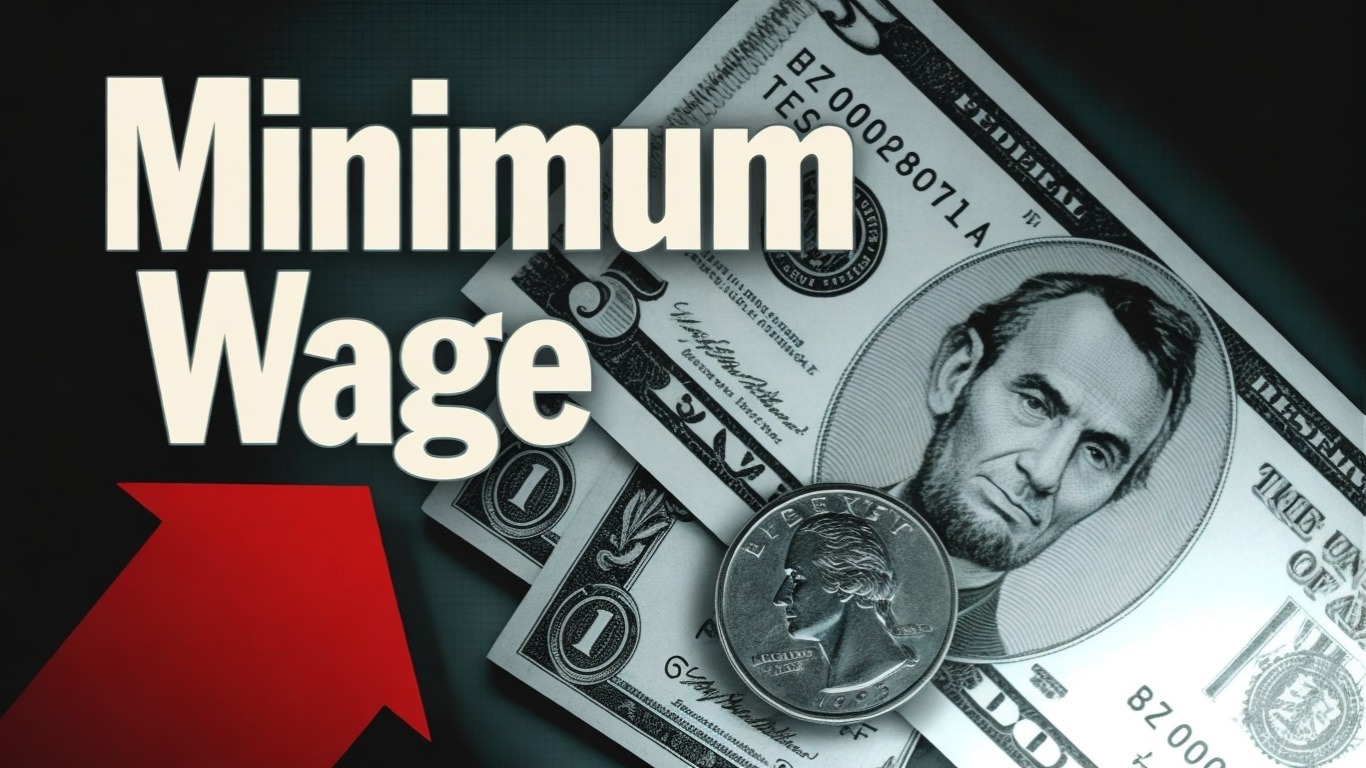The hotel industry is a cornerstone of the global hospitality sector, providing accommodation and services to travelers from all walks of life. Behind the scenes, a vast workforce of hotel employees works tirelessly to ensure guests have a comfortable and enjoyable stay. However, questions have arisen regarding the fairness of pay stub practices within this industry. Are hotel workers getting a fair deal? In this article, we will find out five pay stub practices commonly observed in the hotel industry and assess whether they are equitable for workers.
Minimum Wage Challenges

One of the most prominent issues in the hotel industry is the prevalence of minimum-wage jobs. Many hotel employees, especially those in entry-level positions such as housekeeping, valet, and bellhops, often earn the minimum wage or slightly above it. In some regions, this wage may not be sufficient to cover basic living expenses, leaving workers struggling to make ends meet.
Tip Credit and Service Charges
Another contentious issue is the use of tip credit and service charges. Some hotels utilize tip credits to offset employees’ wages with the expectation that tips from guests will make up the difference. However, the distribution of tips can be uneven, and workers may find themselves earning less than minimum wage after tips are factored in. Additionally, service charges that are automatically added to guests’ bills do not always go directly to service staff, which can lead to resentment and financial uncertainty among workers.
Overtime and Workload
Many hotel employees work long hours, especially during peak seasons or holidays. Yet, some hotels engage in practices that discourage overtime pay, such as scheduling workers for multiple part-time shifts instead of full-time positions. This can result in workers missing out on the benefits and protections that come with full-time employment, including overtime pay.
Lack of Transparency

Transparency in pay stub practices is crucial for ensuring fairness. However, some hotels may fail to provide clear and comprehensible pay stubs, making it difficult for workers to understand how their wages are calculated. This lack of transparency can lead to misunderstandings and disputes over pay.
Benefits and Advancement Opportunities
Beyond wages, hotel workers may also face challenges when it comes to receiving benefits and advancing in their careers. Access to healthcare, retirement plans, and professional development opportunities can vary widely across the industry. Low-wage workers are often left with limited benefits, making it difficult for them to achieve financial stability and upward mobility.
So, are hotel workers getting a fair deal? The answer is complex and varies from one establishment to another. While some hotels prioritize fair pay practices and invest in their employees’ well-being, others fall short in providing equitable compensation and opportunities for advancement.
In conclusion, the hotel industry’s pay stub practices are a mixed bag, with some hotels providing fair compensation and benefits to their workers while others fall short of equitable standards. Addressing these issues requires a collaborative effort from hotel management, employees, and regulatory bodies to ensure that all workers in the industry are afforded a fair deal and the opportunity for a better future.
